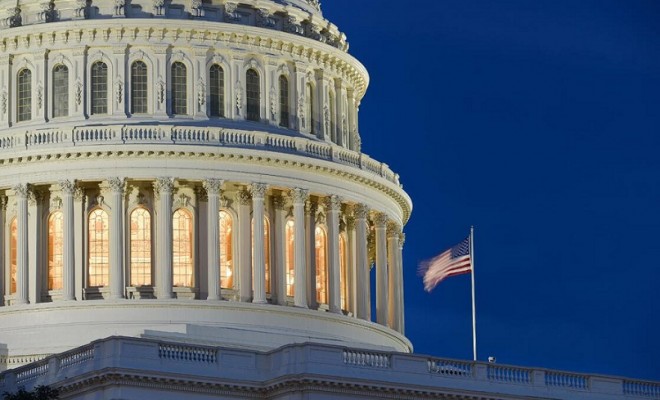
The quiet revolution: What Congress should know about foreign assistance today
America’s next leaders of the U.S. Agency for International Development (USAID), the U.S. International Development Finance Corporation (DFC), and the Millennium Challenge Corporation (MCC) have their work cut out for them. The COVID-19 pandemic has wiped out decades of gains in international development. For the first time since 1998, there will be a rise in global poverty that will push as many as 150 million people into extreme poverty by 2021’s end. The World Bank has estimated that reduced availability of health services and nutrition this year will lead to a 45 percent rise in child mortality. School closures have disrupted education in one form or another for more than 90 percent of the global youth population.
Developing countries bear the heaviest brunt of these and other consequences of the pandemic. But wealthier countries also have an enormous stake in helping them address those challenges successfully. We must help not just for humanitarian reasons but also because failing to do so will damage public health, economic well-being, and national security interests worldwide.
As President Biden selects a new cohort of leaders for America’s international development agencies, the world is watching closely to see what example America will set. The early nomination of foreign policy heavyweight Samantha Power to lead USAID—and the president’s decision to add the position of USAID administrator to the National Security Council—indicate that the U.S. is thinking seriously about its global development strategy.
Συνέχεια ανάγνωσης εδώ
Πηγή: brookings.edu




